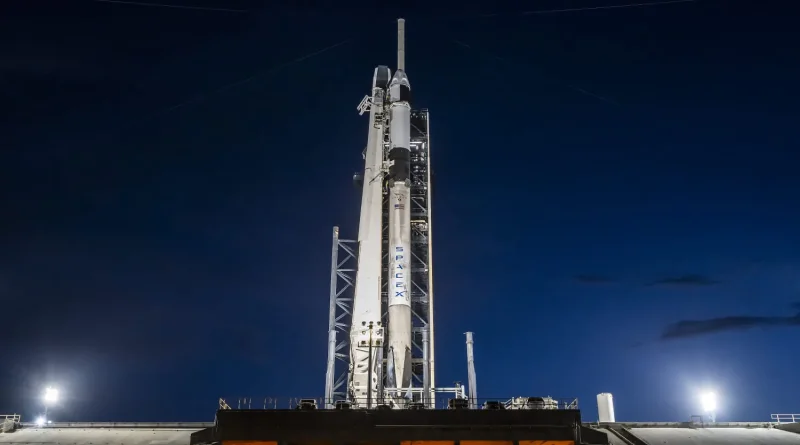Falcon Rocket’s Close Call: How ISRO Helped Prevent A Space Disaster
The timely detection of a “crack in an oxidizer line” in the first stage of the Falcon-9 rocket – which will take four astronauts, including India’s Shubhanshu Shukla, to the International Space Station – averted a major disaster. The fault was observed following a demand for due diligence from the Indian Space Research Organisation Chairman, Dr V Narayanan.
The Falcon-9 rocket will carry four astronauts – part of the Axiom 4 mission – to the International Space Station, where they will spend 14 days and conduct several experiments.
The “leak” has been fixed, and the ISRO has confirmed a new launch date for the mission – June 19. The back-and-forth between the ISRO and Axiom Space continued for several days. The mission was postponed five times before getting a new launch date.
How ISRO Played A Big Role
Experts who assessed the safety told NDTV that had the crack not been detected, the rocket could have suffered a major failure at lift off since liquid oxygen is highly inflammable.
A day before the lift off on June 10, William Gerstenmaier, Vice President for Build and Flight Reliability, SpaceX said “We found a LOX (liquid oxygen) leak that was previously seen on the booster during its (Falcon-9) entry on the last mission and discovered that we had not fully repaired the booster during refurbishment, or we didn’t find the leak and didn’t get not correct it. We have now gone out to the launch pad. We’re continuing to troubleshoot that,” the SpaceX official said.
“We should complete it today, and we will have that back in configuration. We are installing a purge that will essentially mitigate the leak if it continues…So we will be fully ready to go fly,” Mr Gerstenmaier added,
Despite admitting to a fuel leak, the SpaceX team decided to launch the ailing rocket on June 11. However, after learning of the “leak”, ISRO chief, Dr Narayanan, strongly disagreed with the decision and demanded full correction, with validation by proper tests, including low-temperature leak tests. His insistence on due diligence to rectify the leak forced the SpaceX team to call off the launch on June 11.

